Carbon is an invisible yet ever-present by-product of doing business—amassing in production and procurement; accruing as we power our offices and transport our goods. But value in carbon credits is starting to stack up too. There is an ever-growing number of reasons to offset the greenhouse gas emissions in your value chain. Aside from making a tangible commitment to climate change mitigation it might be the brand benefits delivered by carbon neutrality, or it might be direct investment in Australian Carbon Credit Units (ACCUs) as their value continues to climb.
With such a groundswell—both locally and internationally—towards the fulfillment of carbon offset commitments and with direct organisational benefits so clearly on display, it begs the question: Can just anyone call themselves carbon neutral.
The short answer is no, or at least, not with any credibility.
The Climate Active Carbon Neutral Standard (CACNS)—Formally known as the National Carbon Offset Standard (NCOS)—is an organisational standard, rooted in international best practice and contextualised for the local carbon market. Organisations seeking CACNS certification need to display adherence to five main pillars of quality assurance when seeking verification:
- Relevance: accurately reflecting the nature of their greenhouse gas output
- Completeness: reporting of emissions is undertaken completely
- Consistency: Utilising consistent metrics to measure carbon output
- Transparency: Compiling reporting data in a clear, coherent manner
- Accuracy: Remaining unbiased and accurate in the quantification of emissions
The CACNS captures a growing need for quality control in verification, not just for organisations seeking to mitigate their climate impact, but for buildings and precincts, events, services and products. Under the standard, applicants are required to calculate emissions and adopt an emission reduction strategy before carbon credits can be purchased. After carbon credits are purchased, validation is arranged before a public summary of the carbon neutral claim is published.
So how does this standard affect companies wishing to offset their emissions? Well as with all standards, it’s about quality. Recently, the rapid development of the carbon market has seen the focus around offset quality grow in measure with the industry’s financial potential. The Carbon Market Institute (CMI) are currently recommending more standardised reporting criteria and increased transparency in the market through the implementation of the Carbon Industry Code of Conduct, while companies settling bids for carbon neutrality by purchasing low-value credits make national news.
The effect of the CACNS on carbon offsets is ensuring a level of confidence that a credit can fulfil its basic principle. As the industry moves forward, it seems increasingly likely that low-value projects will produce fewer rewards for companies wanting to reduce their carbon footprint.







